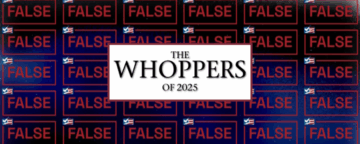
Political Psychology and Preference for Political Media Genres
Dannagal G. Young (Ph.D. University of Pennsylvania’s Annenberg School for Communication, 2007) is an Associate Professor of Communication at the University of Delaware, where she studies the content, audience, and effects of political humor. She has authored over 40 academic articles and book chapters exploring themes related to political entertainment, media psychology, public opinion, and misinformation. Her latest book, Irony and Outrage (Oxford University Press, 2020), examines satire and outrage as the logical extensions of the respective psychological profiles of liberals and conservatives. Young was awarded the University of Delaware’s Excellence in Teaching Award in 2014 and is also a TED Speaker.
Abstract: Why does political satire tend to be liberal? Why is political opinion talk programming more successful on the right than the left? In her book, Irony and Outrage, Dannagal G. Young explores the roots of aesthetic preferences among liberals and conservatives. She argues that the media preferences of the left and right look and feel like two different animals because their audiences are literally two different animals. Much of this divide can be traced to the distinct ways in which liberals and conservatives monitor for and process threats in their environments. Using research from political psychology, Young details how traits like tolerance for ambiguity and the motivation to engage with complex ideas shape our preferences for art, music, and literature and how those same traits correlate with political ideology. In turn, she illustrates how these traits help explain why liberals and conservatives vary in the genres of political information they prefer to create and consume. In this talk, Young will present the core argument of her book, and will explore how these same dynamics are at play in the context of COVID-19.


